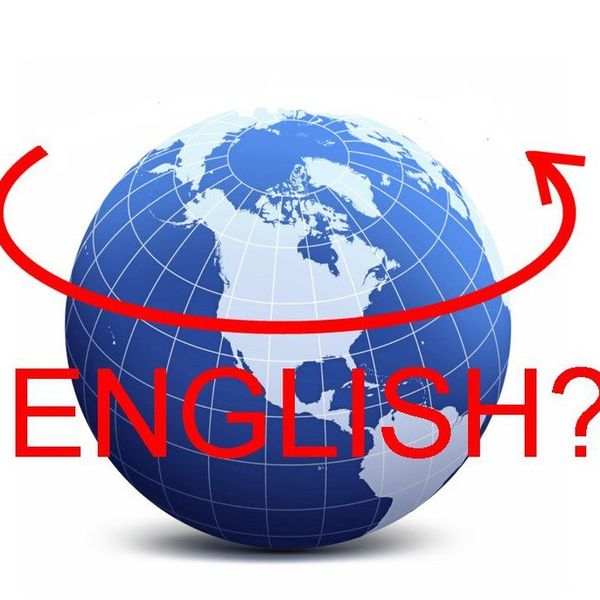For the entirety of his candidacy, Donald Trump has used his tough policies toward China as one of his most predominant talking points. I was curious to find out what would happen to international trade if Trump were to impose a trade tariff on China’s $440.4 billion export industry that accounted for 19.4 percent of overall U.S. imports in 2013 and has been increasing steadily since.
"I would do a tax. And the tax, let me tell you what the tax should be...the tax should be 45 percent," Trump told the New York Times two months ago.
Politicians are notorious for embellishing policies while campaigning, and often accomplishing a small amount of what they promise. But what politicians have historically known not to do is address issues with hefty and almost radical solutions.
The implications of a 45 percent tariff imposition spreads far beyond the increase in national revenue from trade -- it would introduce the possibility of a trade war with China.
A trade war is where one or more nations utilize quotas and tariffs to improve the imports or exports of their own country, and both countries usually refuse to compromise. This leads to an increase in the prices of goods in both economies. In short, it’s a conflict that the United States cannot fiscally handle.
The first thing that China would do in the case of a huge tariff imposition is shut off its huge market for American exports. China is currently the third top buyer of U.S. exports, and removing this outlet for American businesses would drive up prices internally (that means for all of us here in the US). Otherwise, cheap goods shipped from China would become too expensive for anyone to buy.
One of Trump's main arguments is that he will be bringing jobs back to the United States. American consumers would still need to be provided with cheap goods after China’s imports vanish from circulation. But business owners would instead seek to outsource those goods to other low-income countries like Bangladesh. Even so, American factories are beginning to exponentially rely on robotic jobs instead of humans to create basic goods. In 2000, America hired 20.9 million factory workers, and in 2010, only 12.1 million. What will this number look like by 2020?
Overall, if Donald Trump were to become president of the United States, the tariff imposition would not pass the legislative branch unless he could find another angle to prevent a potential trade war.





















